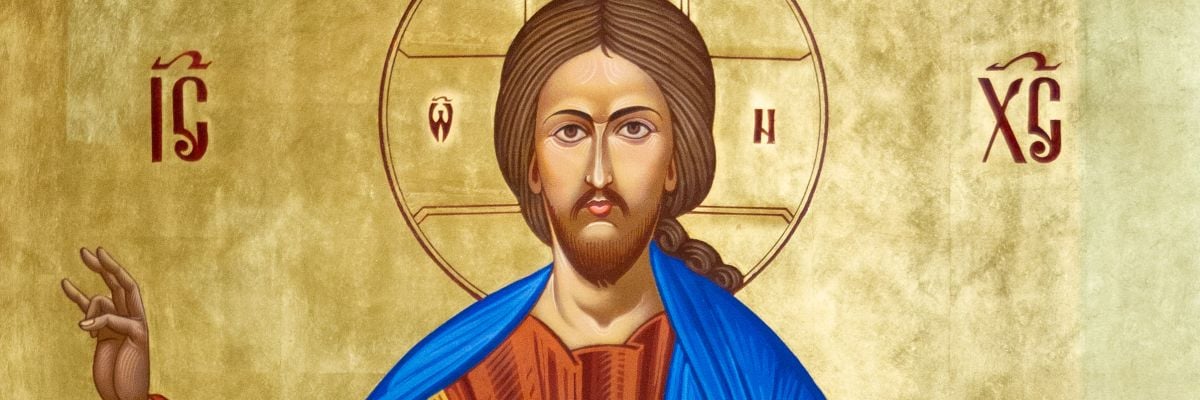The necessity of being incorporated into the Church for salvation is straight out of Scripture and has always been the Tradition of the Church.
To be saved, you need to be baptized (John 3:3) into the one Body in the one Spirit (1 Cor. 12:13), partake of the one bread as one Body (1 Cor. 10:17), profess the One Lord, one faith, one Baptism (Eph 4:4-5). Like Noah’s ark in the flood, outside of which none were saved, Baptism now saves (1 Peter 3:20-21), and since we are baptized into the one Body it has the same significance as the ark.
Furthermore, to have fellowship or communion with Christ, you must have fellowship with those who have fellowship with Him (1 John 1:3). We are forbidden from schisms and must be united in belief (1 Cor. 1:10). Heresy and schism, therefore, also exclude from salvation (Gal 5:20-21; Titus 3:10-11).
It bears pointing out that heresy and schism, like all sins, must be properly deliberate and volitional for their to be guilt (a person in good conscience doing their due diligence to seek the truth about God and his Church would not be guilty of such sins if committed in error). The Church’s Tradition also confirms that the necessary faith and charity can provide the means of baptismal grace, where actual baptism is lacking through no fault of the person.
On top of all that, we acknowledge that God desires all to be saved and come to the knowledge of the truth (1 Tim. 2:4) and therefore He offers to all the means of being saved and coming to the knowledge of truth, even if in ways known only to Himself–even if only at the “eleventh hour” (Matt. 20:6-9), that is, at the end of life.
Therefore, we cannot pass any judgment on the final fate of any non-Catholic. Just because a person is a non-Catholic now or we never see them become a formal member of the Church, doesn’t mean that at some point before they go to their judgment they have not been incorporated into the Body of Christ, the Church, through faith and charity and persevered to the end in grace.
To sum it up, while outside the Church there is no salvation, God offers all the means of receiving that salvation at some point in their lives. No one is excluded.

